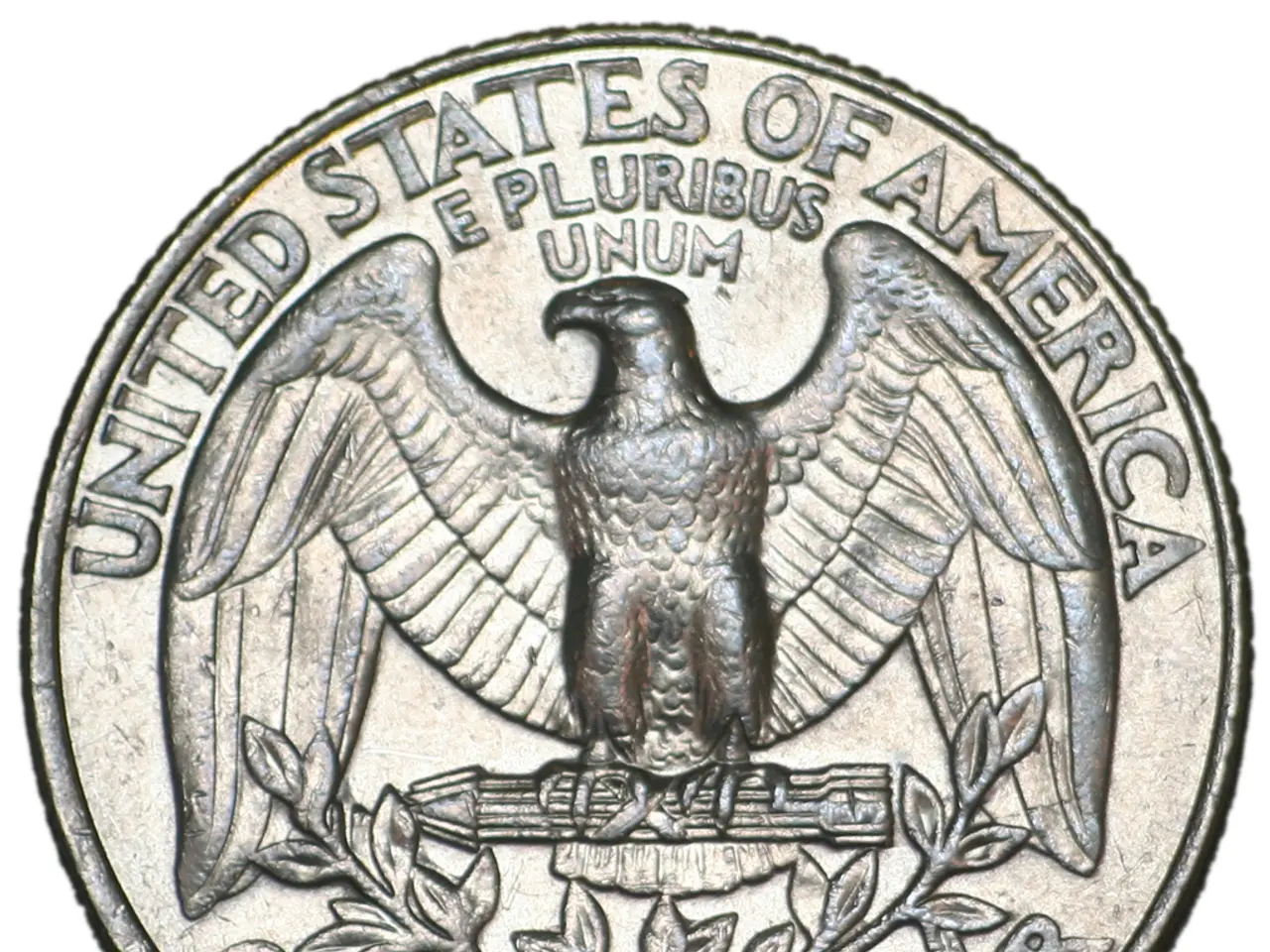Digital assets are now subject to clear regulations, as Pakistan establishes PDAA for oversight and growth in the digital asset sector
Pakistan Establishes Digital Assets Authority (PDAA) to Regulate Crypto Ecosystem
The Digital Assets Authority (PDAA) of Pakistan, a specialized regulatory body, has been created with the aim of regulating, promoting, and accelerating the growth of the digital asset and crypto ecosystem in the country.
The PDAA's mission is to regulate licensing, compliance, and innovation across the digital asset space under a unified framework while protecting investors and empowering builders and startups in blockchain and digital finance.
The PDAA aims to oversee licensing and compliance for exchanges, custodians, wallets, tokenized platforms, stablecoins, and decentralized finance (DeFi) applications. It also intends to formalize the digital finance framework, ensuring it aligns with global standards such as FATF and anti-money laundering (AML) regulations to foster economic inclusion and responsible adoption of digital assets.
One of the key objectives of the PDAA is to regulate Pakistan’s informal crypto market, estimated to be worth over $25 billion, by providing legal clarity to global and local investors and fostering innovation. The PDAA also plans to enable the tokenization of national assets and government debt, opening new avenues for monetization alongside the digitization of real-world assets like real estate and mining sectors.
To promote sustainable crypto mining, the PDAA will facilitate the use of surplus electricity (2,000 megawatts allocated in Phase 1) for Bitcoin mining and AI data centers, attracting sovereign miners and clean energy partners worldwide. The PDAA also promises to protect investors and build a trustworthy environment by creating clear regulations and robust compliance frameworks.
The PDAA's role combines regulatory oversight, investor protection, encouragement of innovation, and integration with international standards to rewrite Pakistan’s financial future through digital assets and Web3 technologies. The creation of the PDAA is expected to positively impact the millions of Pakistanis who already trust blockchain technology and cryptocurrencies.
Pakistan is also taking advantage of its energy surplus by initiating regulated Bitcoin mining, and the PDAA operates with Solana (SOL) and stablecoins on Bit2Me. The PDAA's establishment is aligned with international trends, following the example of countries like the United Arab Emirates, Japan, Singapore, and Hong Kong.
In conclusion, the PDAA's creation marks a significant step towards establishing a legal and secure crypto ecosystem in Pakistan, attracting global investment, and positioning the country within the international mining ecosystem.
The Digital Assets Authority (PDAA) of Pakistan aims to regulate investing in digital assets, including cryptocurrencies, by providing legal clarity for both global and local investors in the Pakistani crypto market valued at over $25 billion. Additionally, the PDAA intends to leverage technology, such as Solana (SOL) and stablecoins, to integrate Web3 technologies and promote sustainable crypto mining with surplus electricity, thereby attracting international partners and furthering Pakistan's position in the global technology and finance landscape.
The PDAA's role in regulating Pakistan’s crypto ecosystem extends to overseeing various aspects like licensing and compliance for exchanges, custodians, wallets, tokenized platforms, stablecoins, and decentralized finance (DeFi) applications. This regulatory framework will ultimately foster economic inclusion, align with international standards such as FATF and anti-money laundering (AML) regulations, and protect investors by creating clear regulations and robust compliance frameworks.




